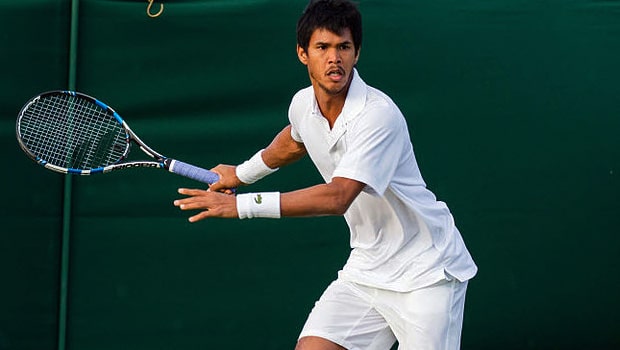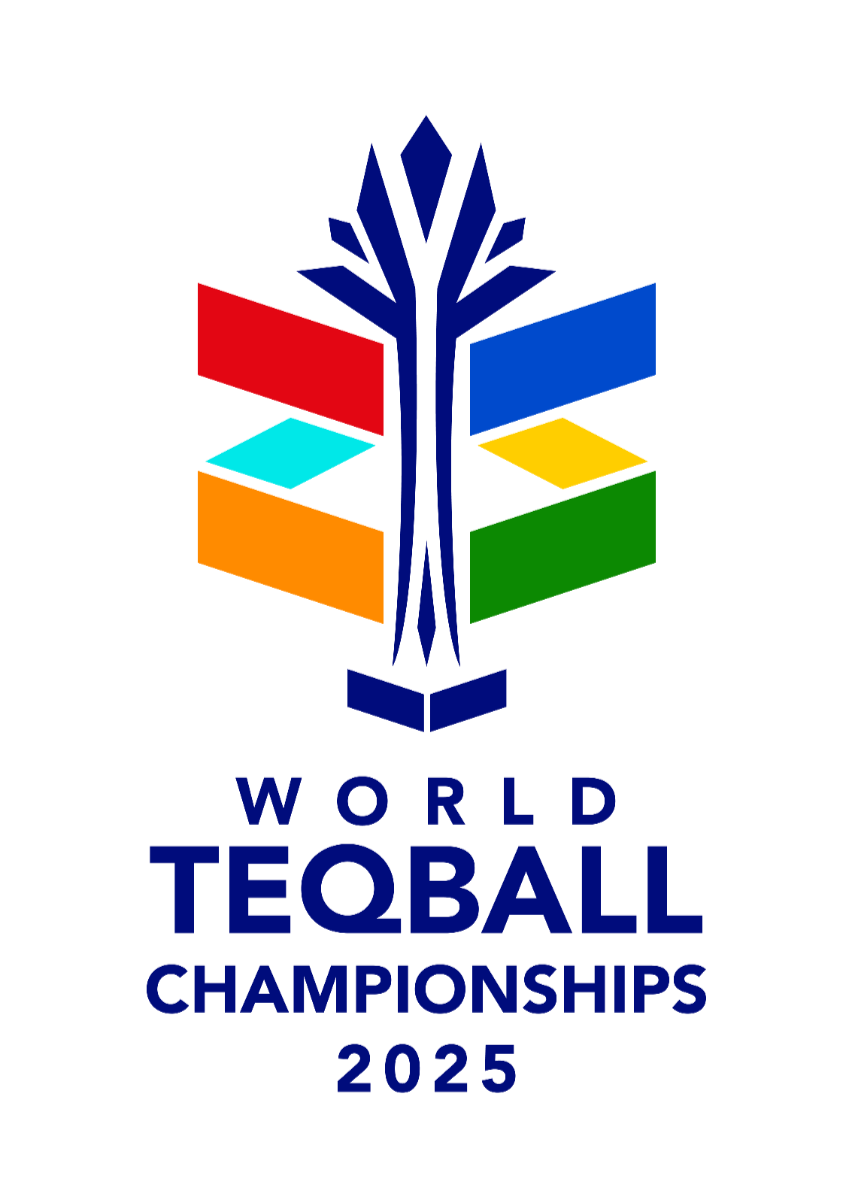Former Indian tennis stars Somdev Devvarman and Purav Raja have filed a petition against the All India Tennis Association (AITA) in the Delhi High Court, accusing the sports body of repeated violations of the National Sports Development Code of India, 2011. The legal move comes just days before AITA was set to hold its elections.
Devvarman, a former India No. 1 singles player, and Raja, a doubles specialist, have called the AITA a “serial offender” in disregarding key provisions of the Sports Code. According to the players, the tennis federation has failed to uphold critical regulations designed to ensure athlete representation and fair governance within sports bodies.
The crux of their argument revolves around the absence of athlete representation in AITA’s decision-making bodies. The petition accuses AITA of not providing any seats for athletes in its Central Council or General Assembly, failing to establish a mechanism for athletes to elect eminent sportspersons to these bodies, and lacking reserved seats for athletes in the Executive Committee. This exclusion, the players claim, directly violates the provisions of the 2011 Sports Code.
Additionally, Devvarman and Raja’s petition also implicates the Indian government. They accuse the Ministry of Youth Affairs and Sports of failing to ensure that AITA complies with the Sports Code. “The Sports Ministry has never once made efforts to ascertain if AITA is in compliance with the Sports Code,” the petition states, alleging that the ministry has overlooked “multiple patent violations.”
The former players have also requested the court to intervene in the upcoming AITA elections, ensuring they are conducted in accordance with the Sports Code. In their petition, they call for the appointment of an independent administrator to oversee AITA’s operations.
Specifically, they propose that a retired judge of the Supreme Court or High Court be appointed as the administrator, with the power to hire professionals to assist in running the tennis federation.
The legal battle marks a significant escalation in the ongoing tussle between former players and the tennis federation over governance issues. Should the court rule in favour of Devvarman and Raja, it could result in significant changes within AITA, potentially setting a precedent for better athlete representation in Indian sports bodies.
The case shines a light on the broader issue of governance in Indian sports, with many federations facing criticism for their lack of transparency and failure to comply with national regulations designed to promote athlete involvement in decision-making processes. The outcome of this case could have far-reaching implications for how sports federations operate across the country.






















